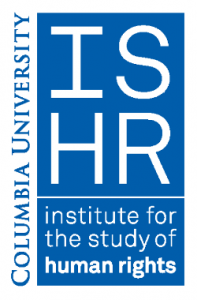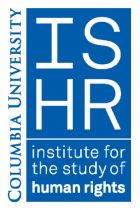Sarah Gunther

Graduate School of Arts and Sciences, Graduate
Queering Rights? Sexuality, Gender and Identity in the Yogyakarta Principles
AbstractOne of the most common arguments against lesbian, gay, bisexual, transgender and intersex (LGBTI) rights is that they are new, special or additional rights. LGBTI rights advocates respond by clarifying that they are not asking for new rights; they are simply calling for the fundamental rights to which all humans are entitled. The Yogyakarta Principles on the Application of International Human Rights in relation to Sexual Orientation and Gender Identity, created in March 2007, exist to support that claim and represent a major step forward for the recognition of rights related to sexual orientation and gender identity (SOGI). While the Yogyakarta Principles succeed in including LGBTI people in the human rights framework, this paper argues that the narrow construction of sexual and gender identity in the Yogyakarta Principles ultimately limits their transformative potential. The Principles construct fixed sexual and gender identities from a Western perspective; they fail to address intersectionality; and they include LGBTI people as a population entitled to rights rather than advancing a sexual rights agenda. As a result, SOGI advocacy that uses the Yogyakarta Principles as its framework often misses opportunities to build coalitions and expand the human rights framework in ways that are critically needed. I conclude by offering the sexual rights framework as a more liberating approach to establishing rights and freedoms related to sexuality and gender.












